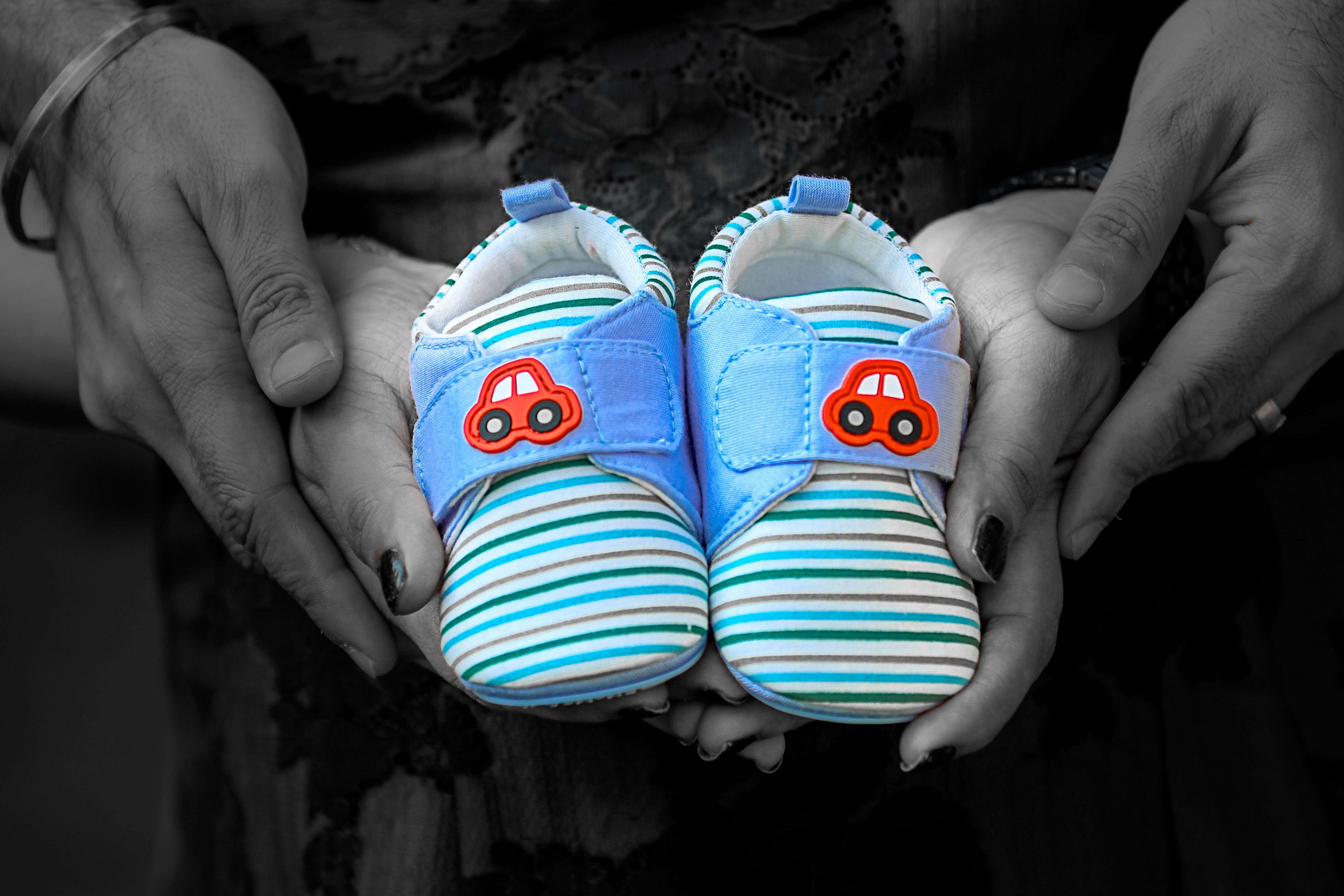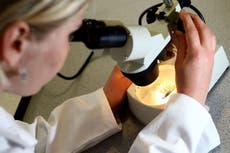Fears over rise in number of stillbirths and babies dying due to unknown causes
‘This requires a comprehensive response from all levels of government that matches the urgency and scale of the issue’

The number of stillbirths and babies dying in the first few weeks of life has risen in the UK, reversing an eight-year-long trend of “consistent reduction”.
The Perinatal Mortality Surveillance report from MBRRACE-UK said 698,909 babies were born at 24 weeks or over in the UK from January 1 to December 31 2021, an increase of 1.5% on 2020.
During the period, 3.54 per 1,000 babies were stillborn, up from 3.33 per 1,000 births in 2020. A ‘substantial proportion’ of stillbirths where the cause of death was classified as unknown.
Neonatal deaths – those babies who die within a month – also rose to 1.65 from 1.53.
The report said the figures put an end to the “consistent reduction in UK rates since 2013”.
Rates increased among all gestational age groups, with a 12% jump in stillbirths among babies born between 28 and 31 weeks.
Babies born before 37 weeks accounted for 75% of stillbirths and late foetal losses, as well as 73% of neonatal deaths.
(The report) paints an alarming picture of baby loss throughout the UK and the situation described in this report is simply unacceptable
The most common causes of stillbirth were placental, congenital anomalies, cord and infection, with more than half (51.7%) falling into these groups.
But there was a “substantial proportion” of stillbirths where the cause of death was classified as unknown.
Some 77% of neonatal deaths were down to congenital anomalies, extreme prematurity, neurological, cardio-respiratory and infection.
In 2019, the Government committed to halving the rate of stillbirths, neonatal deaths, maternal deaths and brain injuries occurring during birth by 2025.
But Robert Wilson, head of the Sands and Tommy’s Joint Policy Unit, said the MBRRACE-UK report “makes it clear that inaction is costing babies’ lives”.
“It paints an alarming picture of baby loss throughout the UK and the situation described in this report is simply unacceptable.
“This requires a comprehensive response from all levels of government that matches the urgency and scale of the issue.”
The figures also showed “notable increases” in stillbirths among women from deprived areas or certain ethic backgrounds, indicating a “widening of inequalities”.
We keep hearing these heartbreaking statistics, but saving babies’ lives and tackling inequalities in pregnancy and baby loss are still not the political priorities they deserve to be
Some 4.69 per 1,000 babies were stillborn among women in the most deprived groups compared to 2.37 per 1,000 in the least deprived groups.
Stillbirth rates were also higher among women of black (7.52 per 1,000) and Asian (5.15 per 1,000) ethnicities, compared to white women (3.30 per 1,000).
The Sands and Tommy’s Joint Policy Unit called for “urgent action” to “address the multiple drivers of inequality” in their Saving Babies’ Lives progress report in May.
It called for measures to “ensure that everyone is receiving care in line with nationally agreed standards, and a greater focus on learning lessons when babies die”.
Mr Wilson added: “We keep hearing these heartbreaking statistics, but saving babies’ lives and tackling inequalities in pregnancy and baby loss are still not the political priorities they deserve to be.”
These are unacceptable statistics – mothers and babies are paying with their lives for the lack of action on ethnic inequalities
Dr Habib Naqvi, chief executive of the NHS Race and Health Observatory, said “disproportionate death rates” for black babies were “alarming”.
He added: “Urgent action is needed to address the stark challenges faced by mothers of black and ethnic minority newborns to significantly improve assessment and care practices.
“Black women are four times more likely to die during pregnancy or childbirth compared to white women, with women from Asian backgrounds facing twice the risk of maternal mortality.
“Frankly, these are unacceptable statistics – mothers and babies are paying with their lives for the lack of action on ethnic inequalities.”
A Department of Health and Social Care spokesman said: “We are committed to making the NHS the safest place in the world to give birth for all women, regardless of ethnicity or economic status.
“To reduce disparities for women and babies from ethnic minorities and those living in the most deprived areas, NHS England has published guidance for local maternity systems, supported by £6.8 million.
“We are investing an additional £165 million per year to grow and support the maternity workforce and improve neonatal care, while NHS England recently published a three-year plan to make maternity and neonatal care safer, more personalised and more equitable for women, babies, and families.”



Bookmark popover
Removed from bookmarks